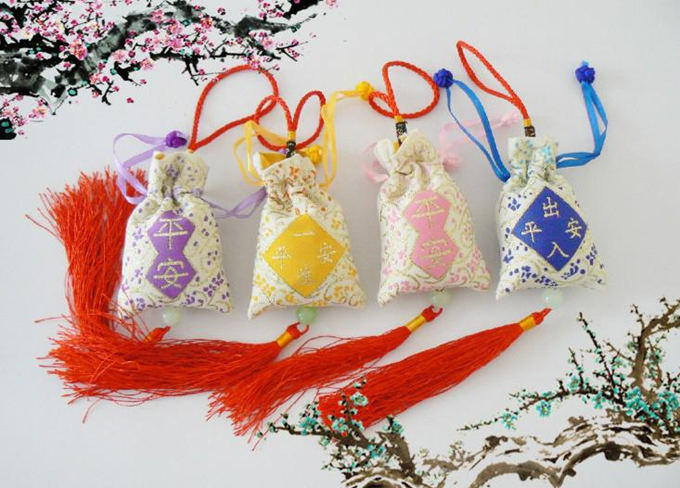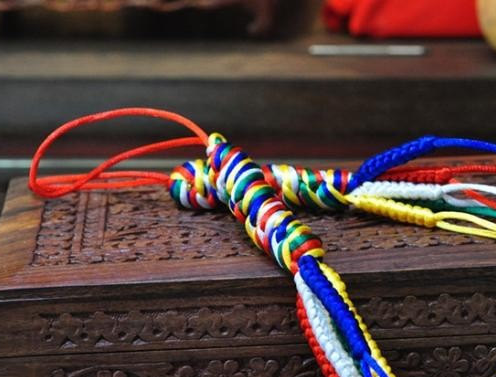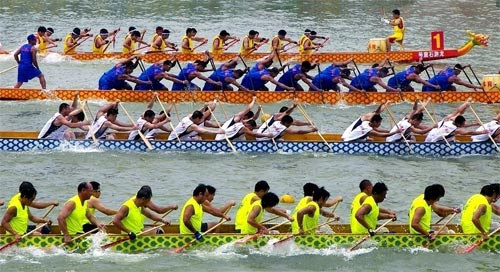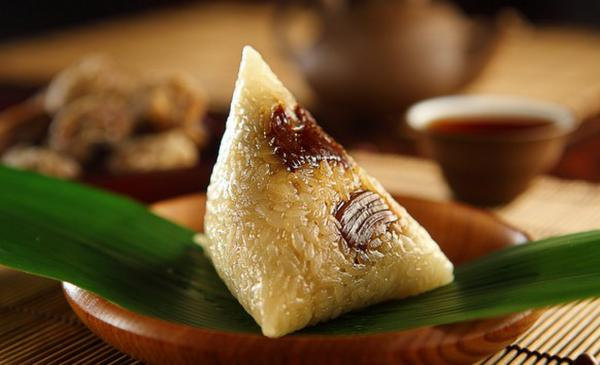端午节(duān wǔ jié):Duanwu Festival
龙舟节(lóng zhōu jié):Dragon Boat Festival
赛龙舟(sài lóng zhōu):Dragon-boat racing
雄黄酒(xióng huáng jiǔ):realgar wine
屈原(qū yuán):Quyuan
粽子(zòng zi):zongzi / traditional Chinese rice-dumpling
Legend of Qu Yuan
As a minister in the State of Chu – one of the seven warring states before Qin (221BC – 206BC) in China’s first feudal dynasty – Qu Yuan supported the decision to fight against the powerful State of Qin (one of the seven states during the Warring States Period (476 BC – 221 BC)) together with the State of Qi (ibid). However he was slandered by the aristocrat Zi Lan and was subsequently exiled by the King. In order to show his love and passion for his country, he wrote many enduring poems such as Li Sao (The Lament), Tian Wen (Asking Questions to the Heaven) and Jiu Ge (Nine Songs) and is therefore regarded as a famous poet in China’s history. In 278 BC, after finishing his last masterpiece – Huai Sha (Embracing the Sand), he drowned himself in the river rather than see his country occupied and conquered by the State of Qin.
On hearing of Qu Yuan’s death, all the local people nearby were in great distress. Fishermen searched for his body by sailing their boats down the river and other people threw food such as eggs and food like zongzi into the river to attract fish and other animals from destroying Qu Yuan’s body. Later, many people imitated these acts to show their respect for this great patriotic poet and this practice continues today.
Because Qu Yuan died on the fifth day of the fifth lunar month, people decided to commemorate him on that day every year. Dragon boat racing and eating zongzi have become the central customs of the festival. For two thousand years, Qu Yuan’s patriotic spirit has influenced numerous people and he remains revered by the people from all over the world.
Customs
Many traditional customs and activities are held on the specified day by people in China and even by some people in neighbouring countries. Among these customs are dragon boat racing, eating zongzi, wearing a perfume pouch, tying five-color silk thread and hanging mugwort leaves and calamus.
Wearing a Perfume Pouch and Tying Five-color Silk Thread:
According to folklore, wearing the perfume pouch protects children from evil. So on this day, children decorate their clothes with diversely fragranced pouches. It is a kind of small pouch made of the colorful silk cloth stringed with five-color silk thread.

Another custom is to tie five-color silk tread to a child’s wrists, ankles, and around their neck. Five-color thread holds special significance in that it is thought to contain magical and healing properties. Children are not permitted to speak while their parents tie the five-color thread for them, neither are they allowed to remove it until the specified time. Only after the first summer rainfall can the children throw the thread into the river. This is thought to protect the children from plague and diseases.



Resource from: travelchinaguide


This Post Has 0 Comments